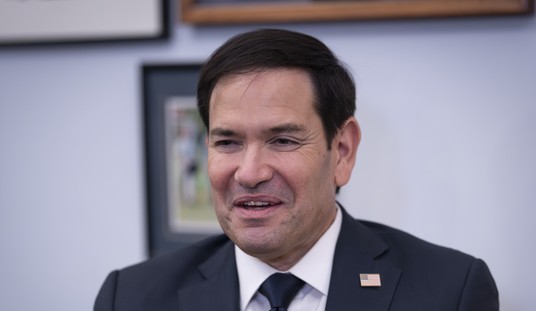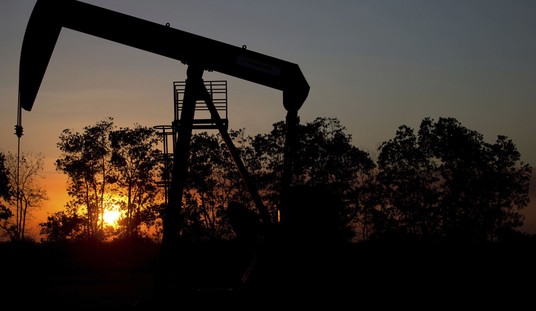Strictly speaking, I am not criticizing the Fix for not drawing a more explicit link between Presidential approval ratings and Senate churn in a midterm election. They established the basic point, which was that both parties are increasingly taking seriously that the President’s current low numbers will translate into Democratic losses in the Senate. The Monkey Cage spells it out:
Presidential approval is strongly correlated with midterm congressional election outcomes. Gallup has polled Americans on presidential approval during every midterm election cycle since 1954. Across the 16 midterm election cycles from 1954 through 2012 the average level of presidential approval during the first quarter (January to March) of the election year is about 58 percent. Over the available Gallup presidential approval polls for the first quarter of this year, Obama’s approval is significantly below the average, about 42 percent, worse than every other year except 2006 and 1974.
Both sites also show a graph on average Presidential approval ratings in the first quarter of midterm election years, which I have reproduced below… annotated with that year’s gains or losses in the Senate for the President’s party.
Or, you can see it as a spreadsheet. ‘Year’ is midterm election year, ‘App’ lumps in the average 1st quarter Gallup approval rating for the sitting President into one of three categories (above 75%, 50% to 74%, 25% to 49%), and ‘G/L ‘ is the number of seats that the President’s party gained or lost in the Senate that year. It’s grim reading for Democrats, this cycle.
| Year | App | G/L |
| 1954 | 50%+ | -2 |
| 1958 | 50%+ | -13 |
| 1962 | 75%+ | +3 |
| 1966 | 50%+ | -3 |
| 1970 | 50%+ | +2 |
| 1974 | 25%+ | -4 |
| 1978 | 25%+ | -3 |
| 1982 | 25%+ | +0 |
| 1986 | 50%+ | -8 |
| 1990 | 50%+ | -1 |
| 1994 | 50%+ | -8 |
| 1998 | 50%+ | +0 |
| 2002 | 75%+ | +2 |
| 2006 | 25%+ | -6 |
| 2010 | 25%+ | -6 |
| 2014 | 25%+ |
As you can see, there’s no magic equation for this situation, but generally it’s clear enough that while high Presidential popularity may not gain his party seats, low Presidential popularity is a great way for his party to lose them. In fact, merely holding the Presidency at all is a great way for his party to lose seats. Again, this is not a magic bullet. But if you look at that chart… there’s absolutely nothing stopping the Democrats from losing six or more seats this year. In fact, it’s not even unprecedented for the Democrats to lose Senate seats in the double-digits this year: it happened to Eisenhower in 1958, and the country liked him.
So what caused that one to happen? Oh, just an economic recession.
Moe Lane (crosspost)














Join the conversation as a VIP Member